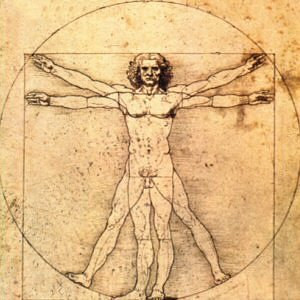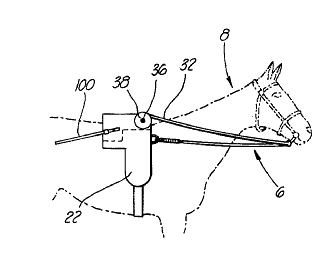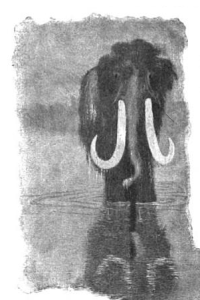En route to Antarctica in 1840, explorer James Clark Ross noticed something odd on the Kerguelen Islands in the southern Indian Ocean:
Captain Sir J.C. Ross’s party saw no land animals, and the only traces of there being any upon the island were the singular foot-prints of a pony or ass, about three inches in length and two and a half in breadth, having a small and deeper depression on each side and shaped like a horse shoe. The animal had probably been cast on shore from some wrecked vessel: its foot-prints were traced for some distance in the recently fallen snow in hopes of getting sight of it; but the tracks were lost on reaching a large space of rocky ground which was free from snow.
— John Nunn, Narrative of the Wreck of the “Favorite” on the Island of Desolation, 1850



